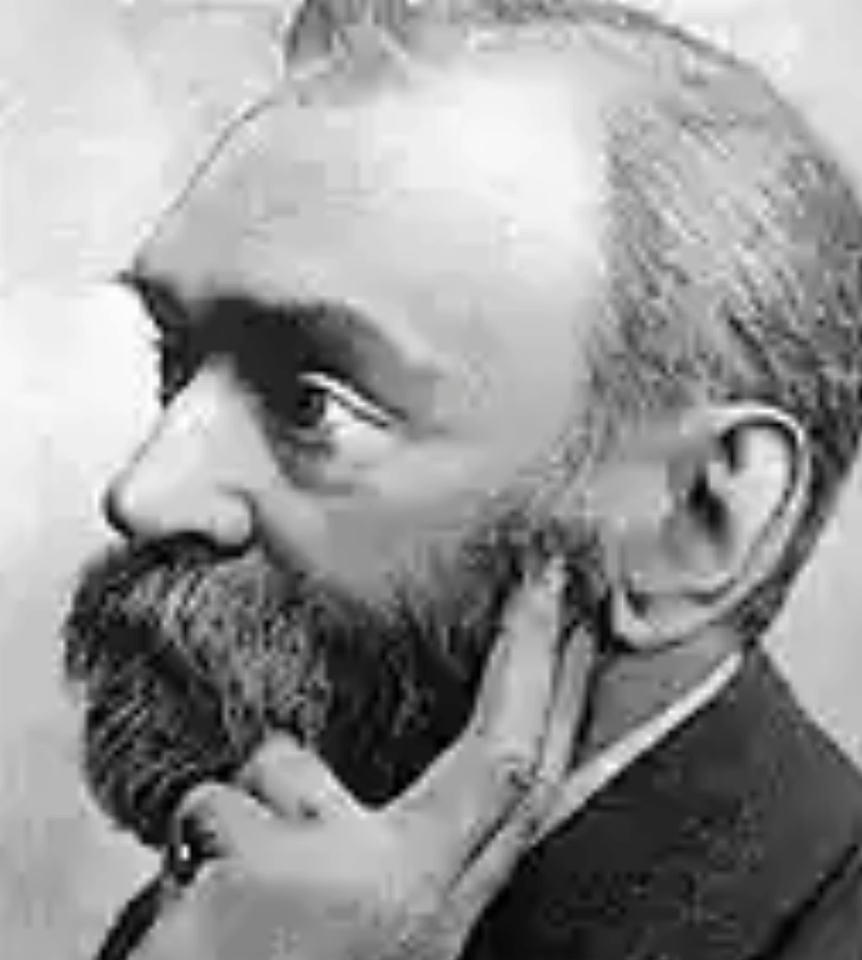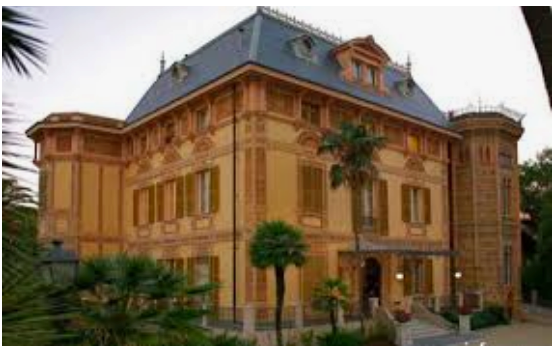
“Am I feeling well?” Al is writing in response to a friend’s inquiry. “Am I feeling well, not necessarily”. I am even consulting doctors which is contrary to my custom and also to my principle. In the study where he composed those words, Al collapsed two day later. He was alone at the time and nobody knows how long it was before he was carried by his servants to the bedroom. His doctor was called and came. A cerebral hemorrhage was diagnosed. Al was multi-lingual. He had been fluent in English, French, German, Russian and Swedish, but now as a result of the stroke, he was able to communicate only in Swedish and that’s why we will never know Al’s last words because he was speaking in Swedish and his servants were French and his doctor was Italian. It was on the 10th of one December in another century that Al died. He had once expressed a fear that he would pass from this earth with no friend or relative “to close my eyes and whisper in my ear a gentil and sincere word of comfort” and it happened just that way. A wealthy, melancholy, misanthrope. Al was virtually unknown to the public at large, just another eccentric on his way to anonymity. But the reason you remember him is next…
In his own diary, Al described himself as a miserable half-life who ought to have been choked to death by a philanthropic physician as he entered the world. That’s what he said about himself. He did manage to amuse himself in various ways. Travel was perhaps his favorite. Al loved to travel. He was a tinkerer. Al once invented a silent carriage for himself. The conventional carriage got on Al’s nerves, so he gave one the silent treatment. He even wrapped the wheels with rubber bands and the results frightened the local peasants who upon seeing Al’s carriage gliding noiselessly through the countryside at dusk, were certain they had encountered a ghost coach. Al was also a poet. Something of a playwright. His last months were devoted almost entirely to working on a tragedy he called “Nemesis.” The plot was derived by a rather sensational story of Beatrice Cenci, an Italian noblewoman, who was executed after the plot to murder her father in 1598. A lurid parade of hatred and violence, rape, incest, deceit, forbidden lusts, revenge and religious fanaticism. It features a drug induced vision of the Virgin Mary, a conversation with Satan and ends in a 40-minute torture scene. It was completed shortly before Al’s death. He completed that play and lived the final years of his life in the Italian Riviera, at San Remo.

It may have purged his soul in some way. For weeks he had felt the approach of the grim reaper and now at last, Al was almost serene. You already know how it died, but you haven’t heard about his will. If not for that document, the world would have doubtless long since have forgotten Al and surely would never have known the sort of person he was. A footnote in the history books may have cited him as the inventor of dynamite. And while he did not live to witness the devastating effects of his invention in WWI, his last Will and Testament would fulfil his lifelong hope to benefit humanity perpetually. You see it was Al’s Will that captured the worlds imagination. His Will promised to reward with the interest from his principle those who contributed the most each year to the field of physics and chemistry, medicine and literature, and international peace. The melancholy recluse who wished that he had died at birth. The poor little rich man was Alfred Nobel. You know all about his Nobel prizes. Now you know you can visit his home, the VIlla Nobel and the rest of the Italian Riviera with Via Nissa.

